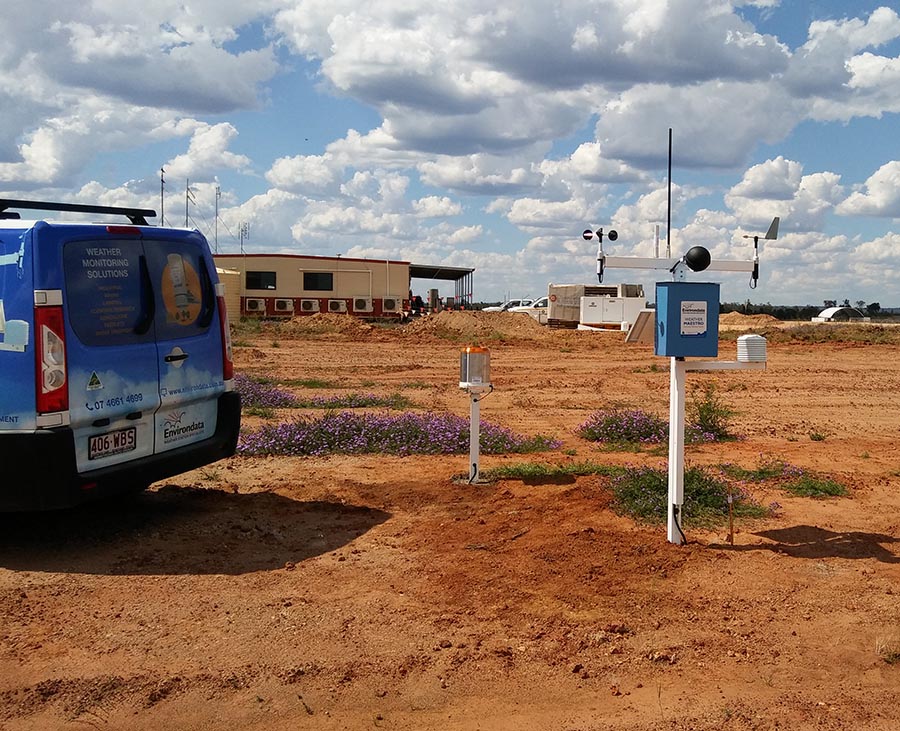Weather Station Installation and Commissioning
We offer expert installation and training throughout all states in Australia, as well as selected countries overseas. Using this service you can be sure that your system will be installed and operational quickly and efficiently.
When you need your weather stations installed and commissioned quickly, efficiently, with confidence the system will be accurate and reliable; Environdata’s service team can help you. Our Installation and Commissioning Service allows you to save time and money by getting your weather monitoring solution operational with a minimum of fuss.

WEATHER STATION INSTALLATION IN DETAIL

Get Your System Up and Running Efficiently & Well
- Environdata can provide pre-installation siting advice & Siting reports to suit your required monitoring, delivery to site, on-site assistance with final positioning, as well as all preparation and installation works.
- The end result is a perfectly installed weather station, price agreed upfront, with final system checks, calibration checks and an installation report.
- We also double your standard RTB warranty on the equipment, and offer free remote support and Warranty the installation itself.
- This saves you time, trouble and money & avoids the pitfalls associated with engaging a local contractor unfamiliar with weather monitoring systems.
Designed for Safe and Economical Installation
- Our 10m wind sensor masts (to meet Australian Standards) are installed from ground level, so there is no need for on-site lifting equipment, such as EWPs, cranes or ladders.
- Saves cost over alternate masts that require heavy machinery to install
- Designed to last for 20+ years in the most extreme environments, saving you replacement costs such as with pneumatic masts which degrade significantly over time.
- The 10m Mast winches up and down for easy installation and allows safe access to the sensors for ongoing services and Calibration.
- Environdata believes that safety is of the highest importance. All Environdata technicians are trained & qualified for the work they are doing.
- Safety protocols include task specific training, company inductions and policies, site inductions, SWMS, satellite phones and remote working procedures where required.


 Premium Equipment & Software
Premium Equipment & Software Australian Made & Supported
Australian Made & Supported Expert Advice & Custom Solutions
Expert Advice & Custom Solutions Australia-wide Installation & Service
Australia-wide Installation & Service Satisfaction Guarantee
Satisfaction Guarantee Email Us
Email Us Call us on 07 4661 4699
Call us on 07 4661 4699 Follow Us
Follow Us